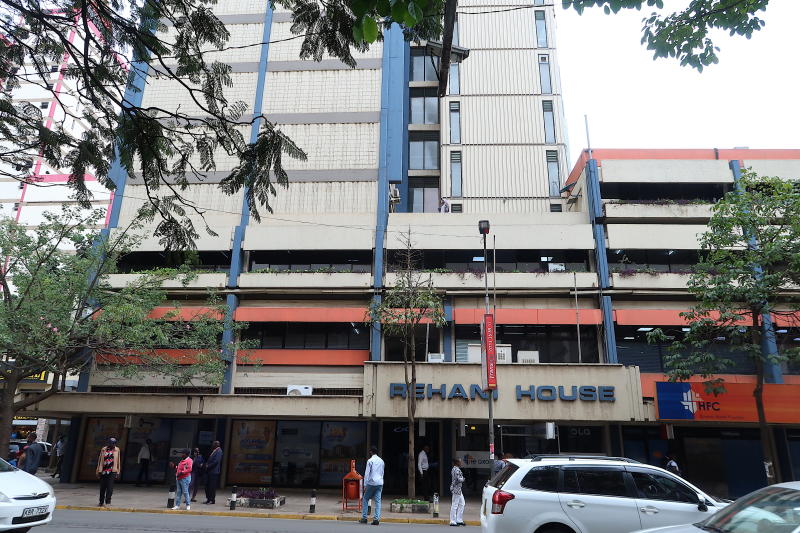
Mortgage financier HF Group wants to sell its head office building in Nairobi, convert some loans to equity and pursue defaulters in a bid to boost its capital levels. The Nairobi Securities Exchange (NSE)-listed lender says it will pursue the three strategies in addition to scouting for investors to get additional capital as it seeks to move out of regulatory breaches.
The lender says in the latest annual report that it wants to sell Rehani House building by end of this year in a move that will also help it meet the regulatory requirement that puts a cap on investment in fixed assets.







